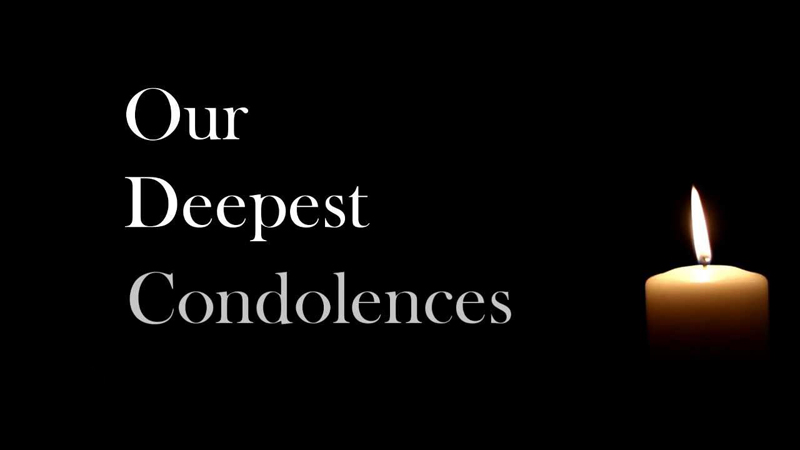Words matter.
It’s that simple. What we say, and how we say it, has a significant impact on the people in our lives. And, if we’re in a leadership position, our words radiate far beyond the individuals or groups in our inner circles. Words convey love, understanding, gratitude, and information. They reflect our vision and our views. They also signal hate, disrespect and contempt. In the highly divisive moment we are experiencing in the US and beyond, words are electrically charged particles, sending messages and energy that ignite and enflame passions.
“…when words are used to denigrate, stoke fear, appeal to the basest of emotions and sow division, they are – in and of themselves – hate crimes…”
When those passions are to heal, bridge, create or inspire their power is clearly positive. I’m thinking of a number of my clients, whose work in the world brings information and knowledge, medical resources, the joys of art and culture, inspired education, community engagement, and the dignity of housing and employment to people across a broad spectrum of society. They are my heroes and heroines.
However, when words are used to denigrate, stoke fear, appeal to the basest of emotions and sow division, they are – in and of themselves – hate crimes. Yes, I said it. I believe so fervently in the power of language that I hold those who spew invective accountable for actions that flow from their negative rhetoric.
There is a glorious ascent right now in our appreciation of the power of narrative. While that power has always existed, every sector now seems to be more acutely aware of how harnessing it creates a deep connection – to a service, product, campaign, person or idea. We’re getting better at telling stories, and using this device to reach a wide range of goals (not all created equally, but that’s a price we pay for free speech). The attendant responsibility, then, is significant.
We all have a real and demonstrable effect through our choice of words and the tone of our delivery. How many times have you heard someone say something rather “off” only to have it followed immediately by “oh, I didn’t really mean that?” The hell they didn’t! I encourage all of us to use those moments to open an honest dialogue about what we really do mean, and to be courageous and curious about finding out what’s underneath those covers. Based on my experience with dozens of clients, those initially awkward moments can yield a veritable treasure trove of understanding. Be brave, chose wisely, and speak your truth.
So, when don’t words matter? When they become hollow; a poor substitute for action. I’m thinking of you, Thoughts and Prayers. “Thank you for your patience” when you are stuck on a train doesn’t do a whole lot to get you to your destination on time. Reflexive statements such as these are not only devoid of significance, they risk being offensive or dismissive. They have no meaning. Or rather, their meaning is easily construed as “I’m taking the easy way out, and I’m not going to do anything.” Saying that you hear someone or understand their situation is fine, but demonstrating that you’ve listened closely and are sympathetic is even better. How? By changing behavior, creating more opportunities for conversation about hard topics, reflecting what you’ve heard in your own speech going forward. When offers of thoughts and thanks are not followed by a commitment to doing better the next time, the empty space echoes with a lack of integrity. We need to hold ourselves, and those around us, accountable for meeting these moments with clarity of thought, word, and deed.
What we know is wisdom, and how we convey our knowledge and insights is grace. Can we all practice a little more of this, animating our intimate, professional, and public interactions with dignity, honesty, and deeper humanity? Choose your words carefully – they are a reflection of who you are and how you intend to show up on the world.






